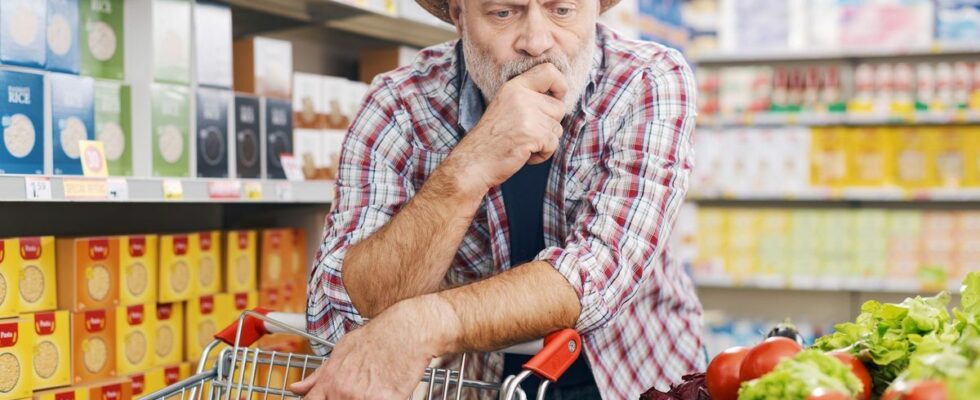Published on
Updated
Reading 2 min.
A pan-European report shows how fewer consumers are eating sustainable and healthy foods. This observation highlights their lack of confidence in the contents of their plates.
In a recent study, UFC-Que Choisir revealed how much the French pay attention to the origin of their food. Affected by a succession of health scandals in recent years such as horse meat lasagna or contaminated German cucumbers, 51% of consumers even consider this criterion to be more important than price. Know what is in the package or under the film on the tray. This is the legitimate intention of consumers. All food sections are affected, even organic. Last year, the annual barometer of the Organic Agency, carried out in partnership with ObSoCo, indicated that 57% of French people expressed doubts about the fact that a food indicating the AB mention was truly organic. While various NGOs have warned of the skyrocketing rise in perennial pollutants (PFAS) in fruits and vegetables consumed in Europe between 2011 and 2021, it is becoming more urgent than ever to restore consumer confidence in what they buy for Eat.
The latest report from EIT Food, the European Institute of Innovation and Technology, indeed sounds the alarm on this point. Freshly published, this vast study which surveyed nearly 20,000 Europeans in no less than 18 countries, reveals that less than half of consumers do not question the contents of their plate (45%). This lack of confidence concerns taste as well as safety, health, authenticity and even sustainability. Also, only 53% believe the food is safe. Worse, 36% believe that their diet is sustainable while only 44% believe it is healthy. In 2020, however, Europeans were mostly inclined to live a lifestyle in line with environmental issues (78%). Now, only 71% intend to do so. Likewise, only 56% of consumers want to eat healthily…
Why so many doubts? We must therefore look at the different players in the food industry and those who regulate their distribution… Because the problem lies mainly with the authorities with only 38% of consumers considering that political decision-makers pay attention to the expectations of the population in terms of food. Europeans also do not trust manufacturers (only 46% trust them) or distributors (50%). On the other hand, farmers are the most reassuring actors in the food sector (65%). For more than one in two Europeans (53%), farmers are those who care about consumers and act in the interest of all.
At a time when a whole host of food innovations are being developed to reduce the carbon footprint of our food on the planet – from the manufacturing of plant-based alternatives to the development of meat under a microscope, including ingredients developed thanks to precision fermentation, these new food products do not necessarily appear as a solution, from the European point of view. Only 34% are interested in it, especially those aged 18-34 (44%). Furthermore, those who present themselves as open to these food innovations are more likely to be those who rarely choose to eat healthy or sustainably.
